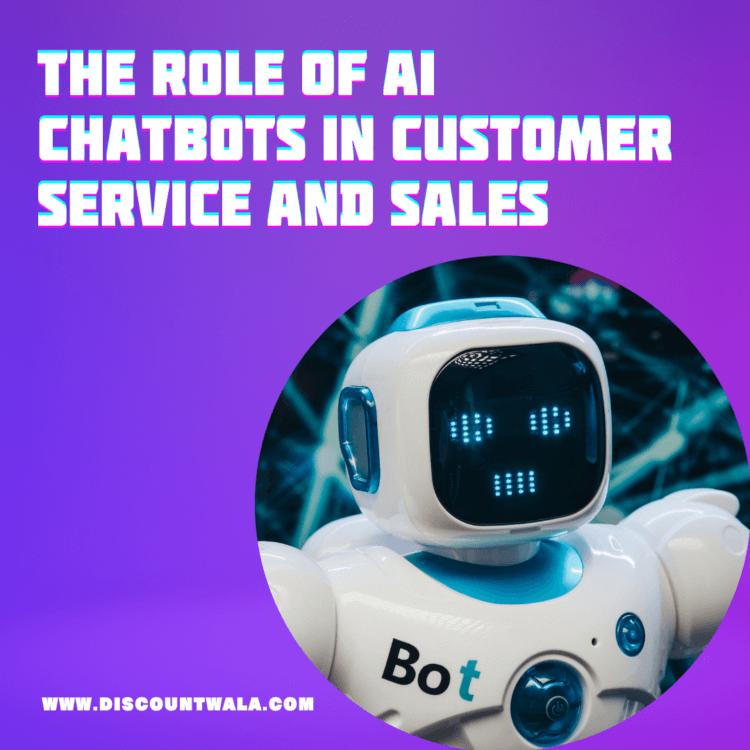In an era marked by digital transformation, businesses are continually seeking innovative ways to enhance customer service and streamline sales processes. One such groundbreaking technology making waves in these domains is Artificial Intelligence (AI) chatbots. These intelligent conversational agents are proving to be invaluable assets for businesses, offering a seamless fusion of efficiency, personalization, and 24/7 accessibility. In this blog post, we’ll delve into the transformative role of AI chatbots in revolutionizing customer service and sales.
Instant and 24/7 Accessibility:
AI chatbots are the epitome of round-the-clock accessibility. Unlike human agents, they don’t need breaks or sleep. Customers can engage with chatbots at any time, receiving instant responses to queries and support requests. This not only enhances the customer experience but also ensures that potential sales opportunities are never missed, regardless of time zones or business hours.
Efficient Query Resolution:
AI chatbots are adept at processing vast amounts of data and information instantly. This allows them to provide quick and accurate responses to customer inquiries, reducing resolution times significantly. By handling routine queries, chatbots free up human agents to focus on more complex issues, thus optimizing the overall efficiency of the customer service team.
Personalized Interactions:
Advanced AI chatbots leverage machine learning algorithms to understand user preferences and behaviors. This enables them to personalize interactions, offering tailored recommendations, product suggestions, and targeted promotions. By delivering a more personalized experience, businesses can enhance customer engagement and boost sales through strategic upselling and cross-selling.
Lead Generation and Qualification:
AI chatbots play a pivotal role in the sales process by automating lead generation and qualification. Through natural language processing (NLP), chatbots can engage potential customers in meaningful conversations, gather relevant information, and qualify leads based on predefined criteria. This not only streamlines the sales funnel but also ensures that human sales representatives focus their efforts on leads with higher conversion potential.
Seamless Integration with CRM Systems:
Integrating AI chatbots with Customer Relationship Management (CRM) systems enables businesses to maintain a cohesive and centralized database of customer interactions. This seamless integration allows for a more holistic understanding of customer needs, preferences, and behaviors, empowering businesses to make data-driven decisions and provide a more personalized customer experience.
Handling Frequently Asked Questions (FAQs):
A significant portion of customer inquiries revolves around FAQs. AI chatbots excel at handling repetitive and commonly asked questions, providing instant responses and freeing up human agents for more complex tasks. This not only enhances efficiency but also contributes to a consistent and standardized customer service experience.
Continuous Learning and Improvement:
AI chatbots are not static; they continuously learn from user interactions. Through machine learning algorithms, chatbots adapt and improve over time, becoming increasingly proficient at understanding and responding to customer queries. This iterative learning process ensures that businesses stay at the forefront of customer service and sales excellence.
Conclusion:
AI chatbots have emerged as indispensable tools in transforming customer service and sales processes. With their ability to provide instant and personalized interactions, streamline routine tasks, and contribute to lead generation and qualification, these intelligent agents are reshaping the way businesses engage with their customers. As technology continues to advance, the role of AI chatbots is only set to expand, offering businesses unparalleled opportunities to enhance customer satisfaction, drive sales, and stay competitive in the digital landscape.










No Comments
Leave Comment